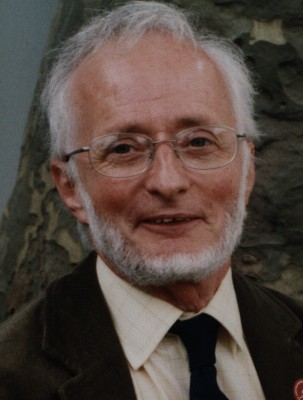
The truth of the God of Jesus Christ is its own reward. Communication of that truth makes for joy and a life well-lived – a second reward. Colin Gunton taught me this.
Colin Gunton showed that the doctrine of God is not only about the truth of God. It also secures our own identity, our worth and our responsible freedom as children of God. The temptation to aspire to something we mistakenly identify as greater than created humanity makes us less than human. The truth that we are not God, but creatures of God – the doctrine of creation – is the really great gift of the Christian faith to the world. This is why Gunton focused on these two doctrines: God and creation.
Gunton taught that we creatures are able to know God because the Holy Spirit enables us to confess Jesus, who confesses God the Father. Often quoting Irenaeus to say that the Son and the Spirit are the two hands of the Father, Gunton showed that the doctrine of the Trinity provides us with a doctrine of mediation – God himself is not only the (christological) content but the (pneumatological) medium and bearer of that content. He argued that God is now at work making possible not only our worship and knowledge of him, but also our recognition of one another. God is the means by which I may see you for who you are, and let you become what God intends you to be – a unique and particular person.
In the years Colin Gunton taught systematic theology at Kings College, London, worldwide interest in trinitarian theology grew dramatically. Postgraduates would come to Colin to study Barth and other heroes of the Reformed tradition, but with him they also discovered the Church Fathers and learned how to think across the whole Christian dogmatic tradition.
In the weekly seminar, Colin hosted an intense encounter of ideas. With the first-timers he always wrestled through the issues again and found better ways to frame them, forever expressing delight in the richness of the Christian tradition. We would arrive with the patronizing assumption that we moderns have discovered crises of previously unknown complexity, but in seminar after seminar Colin would enable us to see that such self-consciously ‘modern’ theology was self-deluding. It is much more likely that we have to catch up with the intellectual rigor of previous generations of Christian thinkers. The result was not only Gunton’s powerful written work, but students who could think for themselves precisely because they could faithfully listen to what many generations of Christians had been saying. We who knew Colin Gunton are grateful to God for him.
